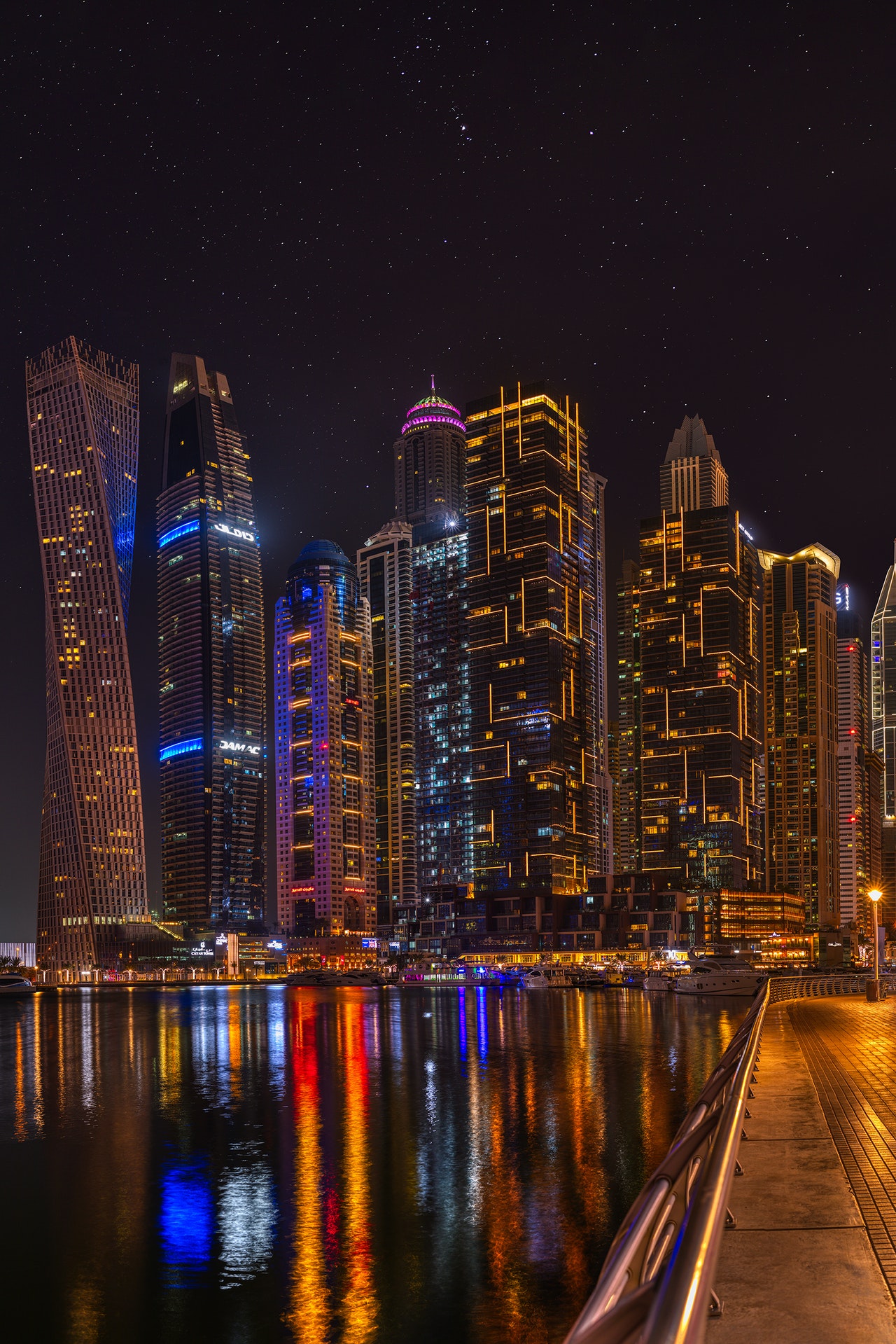The Human Development Report 2018 is a comprehensive package keying together the transformation seen in the UAE.
After a long hiatus of 21 years, the UAE’s second Human Development Report was launched on Monday, the 19th day of Ramadan.
The United Arab Emirates University (UAEU) think tank and the United Nations Development Programme (UNDP) couldn’t have picked a more appropriate day to roll out the report which indicates that the country raised by the late Sheikh Zayed bin Sultan Al Nahyan, is marching ahead as one of the most developed in the world.
The Human Development Report 2018 is a comprehensive package keying together the transformation seen in the UAE.
Professor Mohamed Albaili, UAEU vice-chancellor, said the report in the Year of Zayed highlights the role of the founding father in the country’s development.
“The report contributes to enhancing the developmental policies and promoting the UAE Human Development value. It also contributes to achieving the UAE Vision 2021 and Abu Dhabi Vision 2030, by focusing on vital sectors like the economy, education, health, job market and social policies. The report reflects the active collaboration between the UAEU Center for Public Policy and Leadership and UNDP.”
Dr Mohamed bin Huwaidin, chair of the UAEU’s Political Science Department and the report’s technical adviser and main editor, said: “The UAE Human Development status has not been investigated since the first report’s issue in 1997, prepared by UAEU. The new report has investigated the UAE Human Development from three perspectives: education, health and the standard of living.”
According to the Human Development Report, between 1990 and 2015, the UAE’s human development index value increased from 0.726 to 0.840, an increase of 15.7 per cent. Life expectancy at birth rose by 5.6 years, mean years of schooling soared 3.9 years and expected years of schooling went up by 2.6 years.
Taking into account the performance of seven emirates, Abu Dhabi and Dubai have made advanced efforts to improve both education and healthcare.
The number of schools rose from 383 with 176,662 students in 1985, to 659 with 280,841 students in 2017. The literacy rate was 54 per cent in 1975 and gradually rose to 90 per cent in 2005 and 93 per cent in 2015.
Meanwhile, the population has grown 16 times from 557,887 people in 1975 to 9,121,167 people in 2016. In 1975, expats made up 64 per cent of the total population. It rose to 72 per cent in 1980, 75 per cent in 1995 and to nearly 80 per cent in 2005. The gender split is at 69 per cent males (6,298,294) and 31 per cent females (2,822,873).
The population growth figures throw some startling facts. In 1975, the growth was at 16.2 per cent, slipping to 9.5 per cent in 1980, 5.3 per cent in 1985, 5.6 per cent in 1990, 4.9 per cent in 1995 and 5.6 per cent in 2000. The rate went up for a period of seven years from 2005 to 2009 with 11 per cent before declining again.
“In 2015, the UAE registered a growth rate of 0.8 per cent – the lowest level recorded in last 50 years,” the report highlighted.
The years of life expectancy at birth in Dubai reached 82 and Abu Dhabi 79.8 and rest at 77.1. The crude birth rate is increasing continuously and mortality rate shrinking from 15 deaths per 1,000 people in 1960s to two deaths in 2014.
Abu Dhabi has the highest gross national income per capita reaching $113,640 per capita followed by Dubai at $59,866, Umm Al Quwain ($44,241), Sharjah ($25,350), Ajman ($23,790), Fujairah ($23,790) and Ras Al Khaimah ($23,290).
Huwaidin noted that most of the indicators were positive about human development report. “Of course, like any country, there are some challenges but overall the whole picture looks good. We have an ambitious government with visionary leaders and they are pursuing it. In the general view of Human Developmental Index, we are very good and approaching developed nations. There are challenges in the health and education sectors. We need to do more.”

